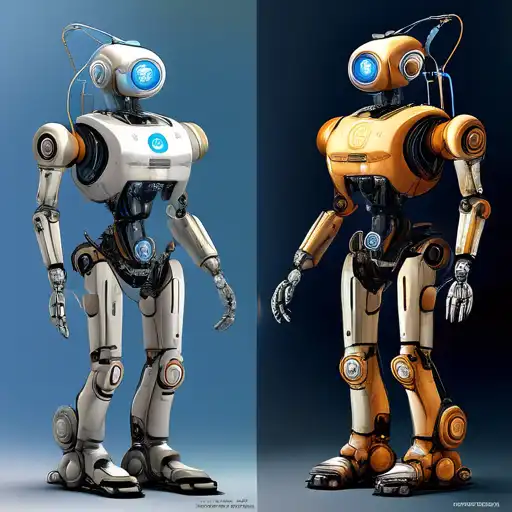The Dawn of a New Era in Technology
Robotics is no longer a concept confined to science fiction. Today, it stands at the forefront of technological advancement, promising to revolutionize industries, enhance human capabilities, and redefine the way we live and work. From manufacturing floors to the depths of space, robotics is paving the way for a future that was once unimaginable.
Understanding Robotics and Its Impact
At its core, robotics combines engineering, computer science, and artificial intelligence to create machines capable of performing tasks autonomously or semi-autonomously. These tasks range from the simple, like assembling cars, to the complex, such as performing delicate surgeries. The impact of robotics is vast, touching every sector including healthcare, agriculture, and even entertainment.
The Role of AI in Robotics
Artificial Intelligence (AI) is the brain behind the brawn of robotics. It enables robots to learn from their environment, make decisions, and improve over time. This synergy between AI and robotics is accelerating the development of smarter, more adaptable machines that can tackle challenges beyond human limitations.
Applications of Robotics in Today's World
The applications of robotics are as diverse as they are transformative. Here are a few areas where robotics is making a significant impact:
- Healthcare: Robots are assisting in surgeries, rehabilitation, and patient care, offering precision and reducing recovery times.
- Manufacturing: Automated robots are streamlining production lines, increasing efficiency, and reducing human error.
- Agriculture: From planting to harvesting, robots are helping to meet the growing demand for food with less environmental impact.
- Space Exploration: Robots are our eyes and hands in space, exploring planets and conducting experiments in environments too harsh for humans.
Challenges and Ethical Considerations
Despite its potential, the rise of robotics brings challenges, including job displacement, privacy concerns, and ethical dilemmas around autonomous decision-making. Addressing these issues requires a collaborative approach among technologists, policymakers, and society to ensure robotics benefits all of humanity.
Looking Ahead: The Future of Robotics
The future of robotics is bright, with advancements in AI, materials science, and computing power driving innovation. As robots become more integrated into our daily lives, they will continue to open new possibilities, from personalized education to solving global challenges like climate change and healthcare accessibility.
For those interested in diving deeper into the world of robotics and its implications, exploring the intersection of AI and robotics offers valuable insights into how these technologies are evolving together.
Robotics is not just the next frontier in technology; it's a journey into a future where the boundaries between humans and machines blur, creating opportunities for growth, innovation, and improvement in quality of life for people around the globe.
